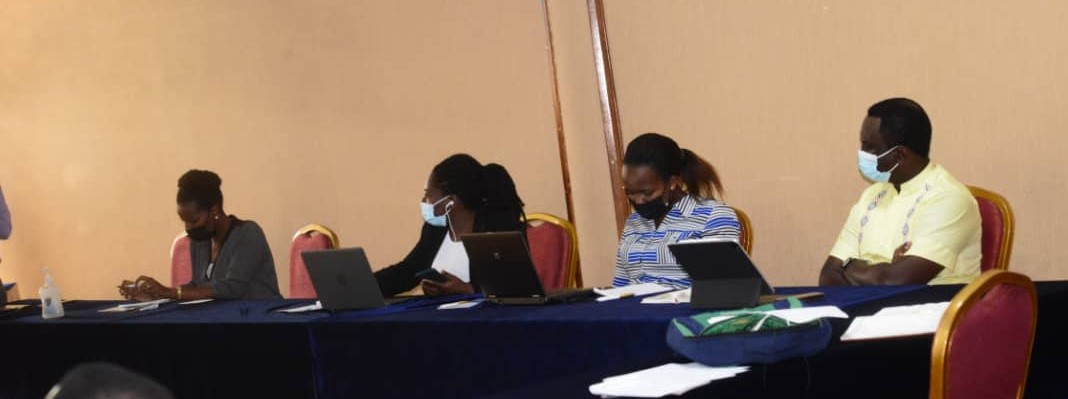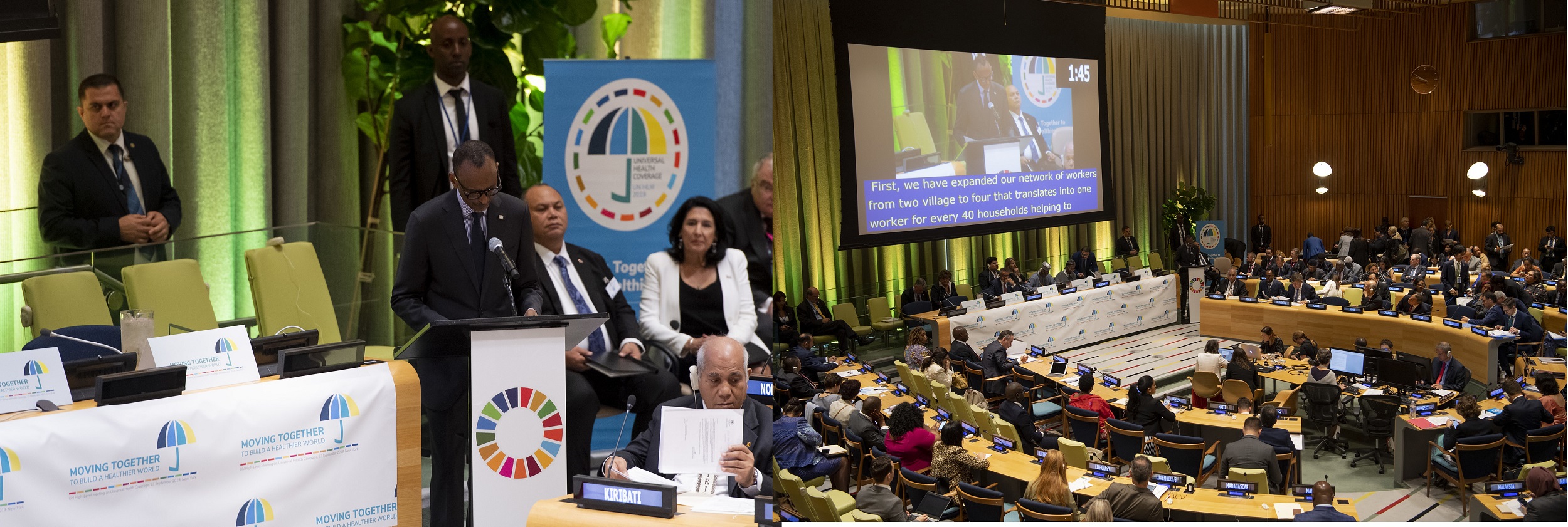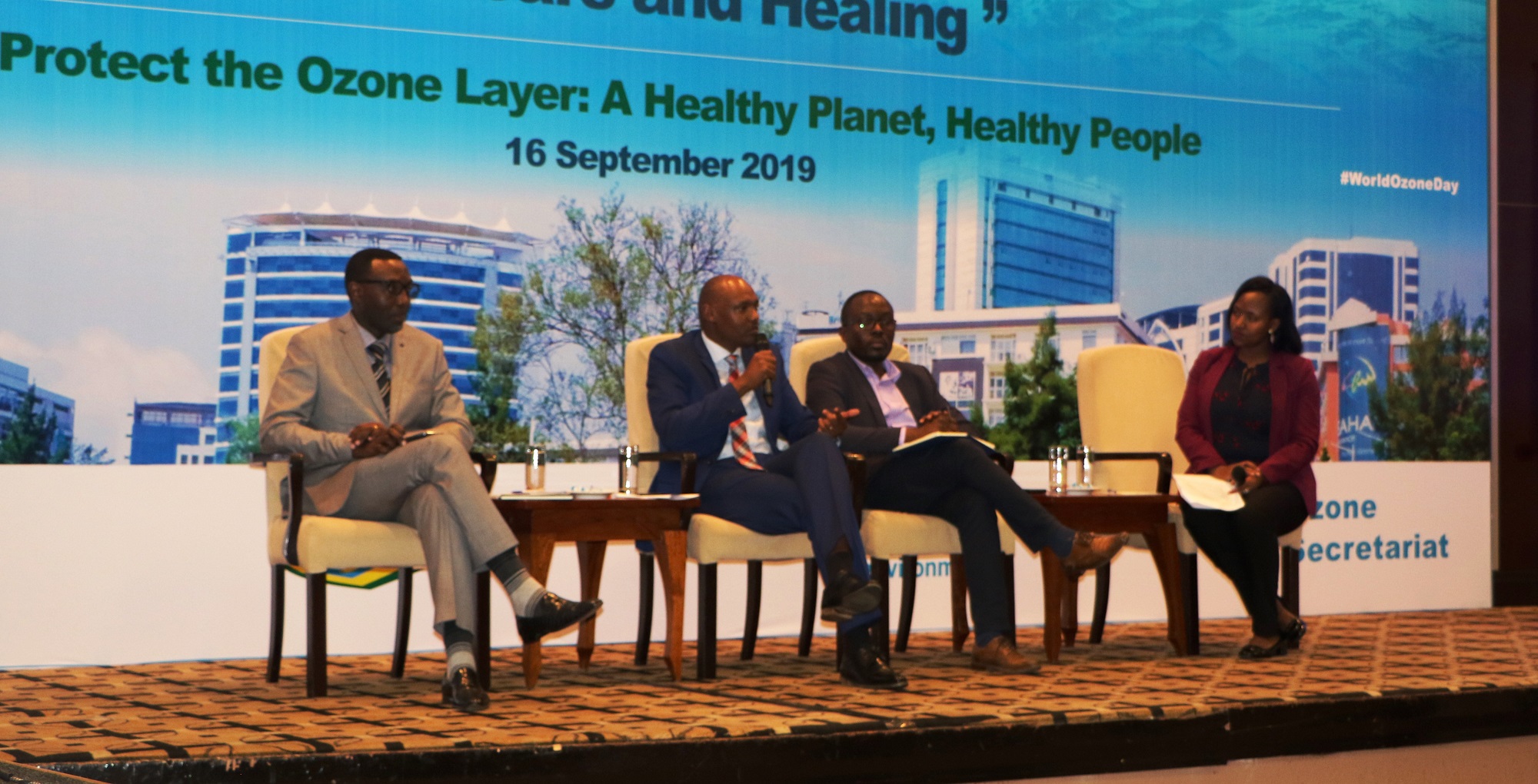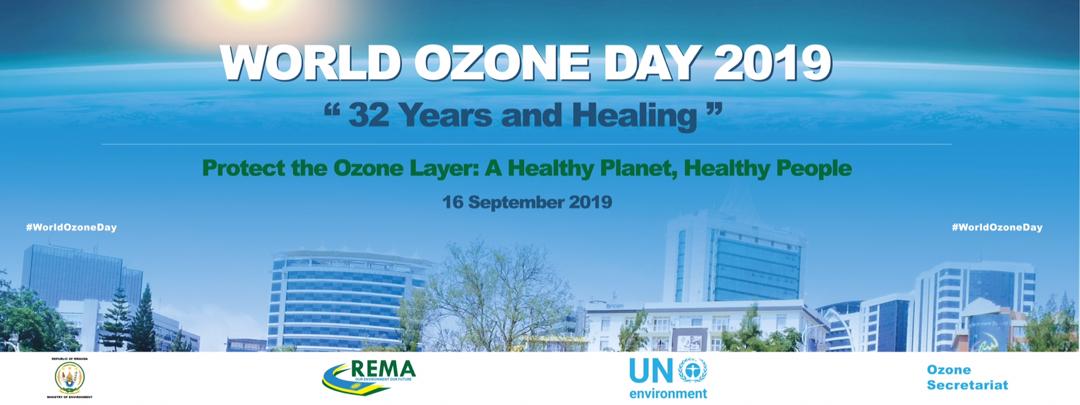
Rwanda launches project to protect human health and the environment from the adverse effects of mercury pollution
The Rwanda Environment Management Authority (REMA), has launched the Minamata Initial Assessment (MIA) and National Action Plan (NAP) Projects.
Both projects were launched on June8, 2021 in line with the Minamata Convention on mercury, designed to protect human health and the environment from anthropogenic emissions and release of mercury and mercury compounds, that Rwanda acceded in June 2017.
Mercury is a naturally occurring element that is found in air, water and soil. Exposure to mercury – even small amounts – may cause serious health problems and is a threat to the development of the child before and after birth.
According to the World Health Organization (WHO), the inhaling mercury vapour can have harmful effects on the nervous, digestive and immune systems, lungs, kidneys and skin, and may be fatal. The inorganic salts of mercury are corrosive to the skin, eyes and gastrointestinal tract, and may induce kidney toxicity if ingested.
After becoming a part to Minamata Convention, Rwanda conducted a preliminary national survey to map out different institutions and priority areas suspected to have mercury, and mercury pollution, and these include Artisanal and Small-Scale Gold Mining (ASGM), health sector (thermometers, tensiometers, dental amalgams), industry sector (butchery, paints) among others.
“The MIA is one of the solutions that will help us to evaluate ourselves throughout national mercury inventory used in Artisanal and Small-Scale Gold mining as well as in health sector. However, NAP will help us to have health status of the people working with these sectors and put in place the alternative technology aiming at phasing out the use of mercury” says Juliet Kabera, Director General, Rwanda Environment Management Authority (REMA).
The Minamata Initial Assessment project will raise awareness of health risks associated with mercury among the general public and government officials.
The artisanal and small-scale gold mining sector, along with health, ICT, Transport, water and informal sectors were identified as priority sectors related to the use of mercury.
The development of National Action Plans for artisanal and small-scale gold mining is a requirement under the Minamata Convention. Therefore, this project will support Rwanda to improve national capacity for managing mercury, and reduce the exposure of the people to mercury and the associated negative health consequences.
The two initiatives are being supported by the United Nations Industrial Development Organization (UNIDO) and the United Nations Institute for Training and Research (UNITAR).
The Minamata Convention has a phased approach to reduce, and where possible, eliminate mercury use in key industrial sectors. It is also designed to systematically reduce emissions and releases to land and water and phase out the use of mercury where alternatives exist.
The Minamata Convention was adopted and opened for signature at the Conference of Plenipotentiaries held from 9 to 11 October 2013 in Minamata and Kumamoto, Japan and entered into force on 16 August 2017. Up to June 2018, 128 countries had signed the treaty and 94 had ratified it. As for now, 131 country have ratified the treaty and Rwanda became a Party on 29 June 2017.
To support the state parties to achieve the objective of the Convention, the Global Environment Facility (GEF) avails financial support to keep the momentum of making mercury history.
Topics
More posts
Gishwati – Mukura National Park Management handed over to Rwanda Development Board
The Ministry of Environment has yesterday handed over the management of Gishwati – Mukura
National Park, which has been under restoration by the…
President Kagame attends Summit on Universal Health Care and Climate Action ahead of 74th UN General Assembly
Monday, 23 September 2019 - President Kagame joins other Heads of State and Government as well as Heads of Delegations from across the world for a…
Rwanda Celebrates the World Ozone Day under the theme “32 Years and Healing"
Monday, 16 September 2019 - This Monday, Rwanda has joined the world to celebrate the Ozone day with the theme: "32 Years of Healing." This year's…
Rwanda joins the rest of the world to celebrate the World Ozone Day 2019
Rwanda is this coming Monday joining the rest of the world to celebrate the World Ozone Day celebrated under the theme “32 years and healing”. The day…
Rwanda hosts first National Circular Economy Forum to advance green growth
The Ministry of Environment and partners from across government have hosted the inaugural National Circular Economy Forum to fast-track Rwanda’s…
Stakeholders Commend Progress for the Rehabilitation of Gishwati – Mukura Landscape
Stakeholders have commended the good progress for the rehabilitation of Gishwati – Mukura landscape – an area that was transformed into a national…
Districts are encouraged to press ahead with the implementation of the ‘green economy’ plans – Report on Climate Change Vulnerability Assessment
Kigali, 26 June, 2019 – The Rwanda Environment Management Authority (REMA) has disseminated the findings of the 2018 Climate Change Vulnerability…
“Convert Plastic Waste Challenges to Opportunities” - DG Coletha Ruhamya
Kigali, 25 June, 2019- The Director General of Rwanda Environment Management Authority (REMA), Eng. Coletha U. Ruhamya attended the World without…








